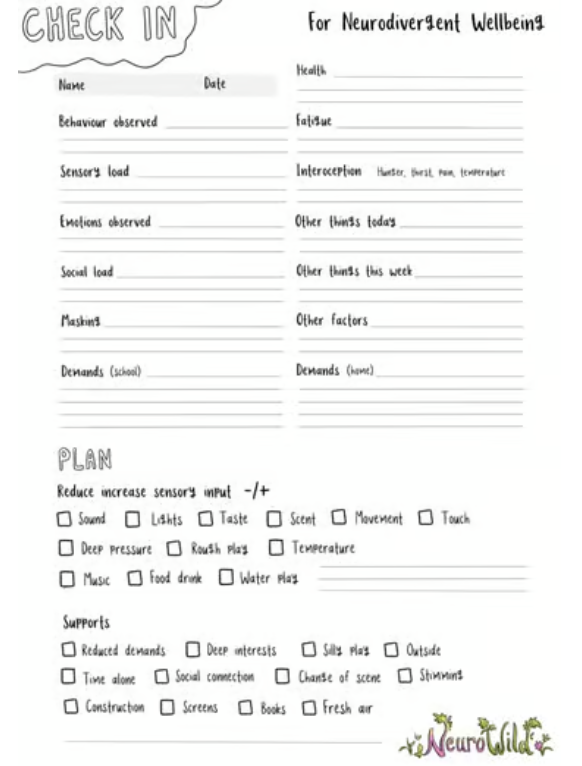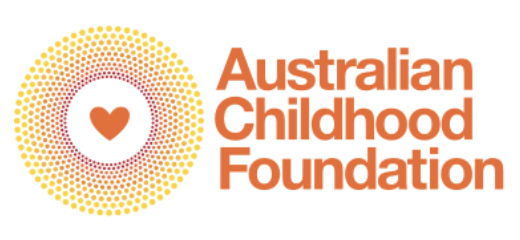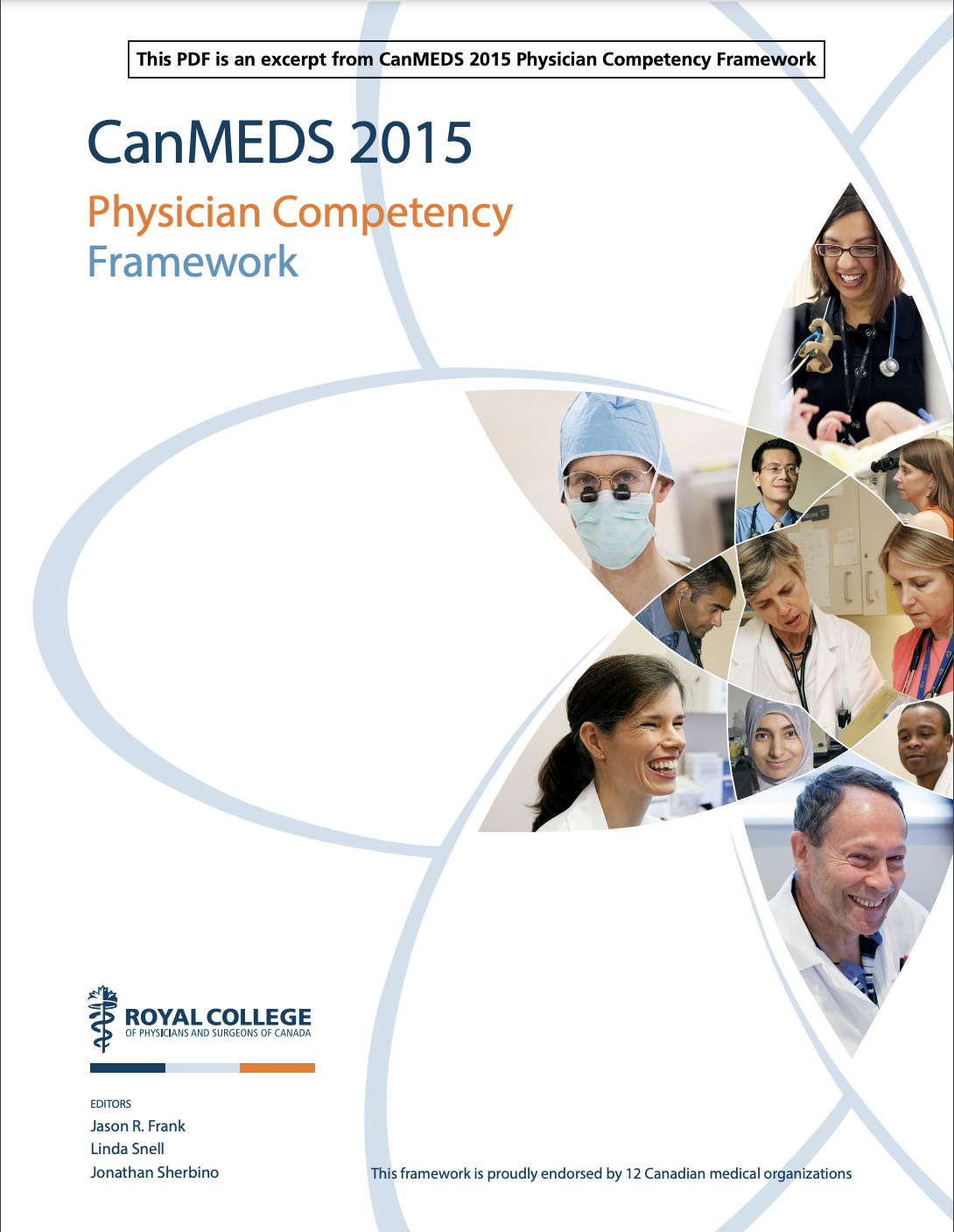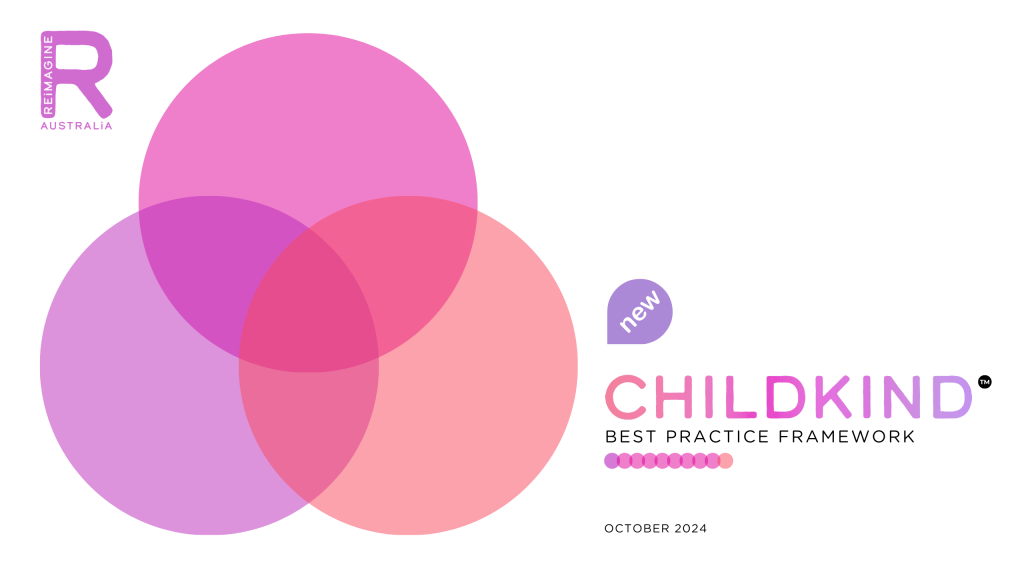CHILDKIND WAY OF WORKING #8

“Continuously enhancing knowledge and skills to provide the best support for children and families.“
Learn and Grow focuses on the continuous enhancement of knowledge and skills to provide optimal support for children and families, through:
Commitment to Continuous Improvement: Engage in lifelong learning, remaining informed about latest research and best practices to effectively support children.
Reflective Approach: Engage in regular self-reflection to evaluate strategies and adapt methods, fostering an environment of growth and innovation in practice.
Prioritising Personal Well-Being: Focus on self-care to maintain well-being to enhance capacity to provide effective support to children and families.
To develop and maintain a growth mindset, educators and practitioners need to be committed to continually enhancing knowledge and skills. Lifelong learning has been recognised as an indicator of professionalism, competence, and critical competent of continuing professional development (Babenko, et al.,2017; Frank, et al., 2015; Murdoch-Eaton & Whittle, 2012). If individuals recognise the need for continuous learning, they are positioned to be able to provide the most current and appropriate support for children with disabilities and their families.
Reimagine’s National Action Plan to 2030 identifies a key priority area as Capabilities and Quality, highlighting the necessity for Australia to have “a skilled, collaborative and diverse workforce that delivers a range of evidence-based developmental supports” (Reimagine, 2020). If educators and practitioners become complacent, or enact practices that are dated and not informed by current best practice, supports for families become irrelevant and ignore the ever-changing children and families we seek to support. Current research embraces change – in diagnoses, in philosophies, in attitudes and ultimately afford more appropriate and tailored opportunities for children with disability, developmental delay, neurodivergence and their families.
Learn and Grow, as a way of working, relates to the ‘design and delivery of services and supports‘ phase of the child’s early developmental support journey. This way of working is broken down into 3 Key Competencies. In practice, these competencies might be demonstrated as follows:
Lifelong Learning: Committing to continuous learning ensures that professional development and ongoing training opportunities are undertaken. Remaining open to developing terminology, new practices and learning opportunities ensures those working with diverse children and families are embracing change, which ultimately leads to better outcomes for all children and families.
Reflective Practice: A key principle of the EYLF V2.0 is ‘Critical reflection and ongoing professional learning’ (AGDE, 2022, p. 18). The importance of educators participating in cooperative learning alongside children, families and communities is paramount. The EYLF highlights reflection as engaging educators to think intentionally about their own and others’ practices. The element of critical reflection is a deeper level of thinking and evaluation where meaning-making occurs.
Self Care: To effectively support others, educators and practitioners need to ensure they are also engaged in self-care, to enhance not only their own well-being, but that of others. However, one person’s self-care can be stressful for someone else, so self-care strategies need to be individualised. Looking after yourself and your own well-being positions you in an optimal state to be able to support children with disability, developmental delay and neurodivergence and their families.

This free single-page resource, by Neurowild, scaffolds essential considerations when supporting neurodivergent students, and may be useful for nuerodivergent practitioners.
This resource may give insight into the ‘why’ behind behaviour, and can be used as a starting point for developing suitable accommodations and supports.

Dickson, M. (2015). Neurobiology of self-care. Australian Childhood Foundation.
This article was authored by Marina Dickson,
Program Manager, Vocational Training and Education at the Australian Childhood Foundation.

Creating Links (2024). Self-Care for parents and caregivers of disabled children.
This blog explores self-care strategies specifically designed for parents and caregivers of disabled children

Frank, J.R., Snell, L. & Sherbino, J. (2015) Physician Competency Framework [internet]. Ottawa: Royal College of Physicians and Surgeons of Canada.
Self-care for educators is vital in preventing burnout and ensuring sustained, high-quality support for children with disabilities and their families.
Kirkland, A., & Furtado, S. (2018), "The Importance of Self-Care for Educators Working with Students with Disabilities.
Access more information on the ChildKind Best Practice Framework with its 10 Ways of Working, 30 Key Competencies and 8 supporting Values and Behaviours here:
